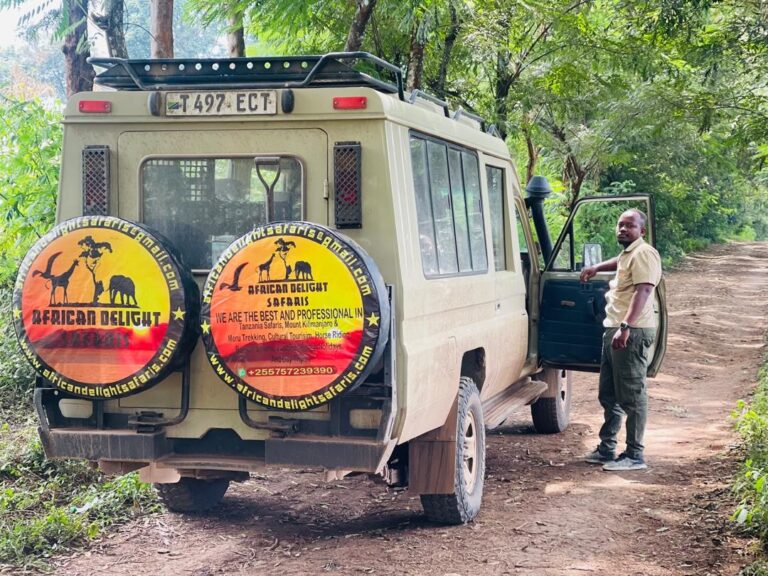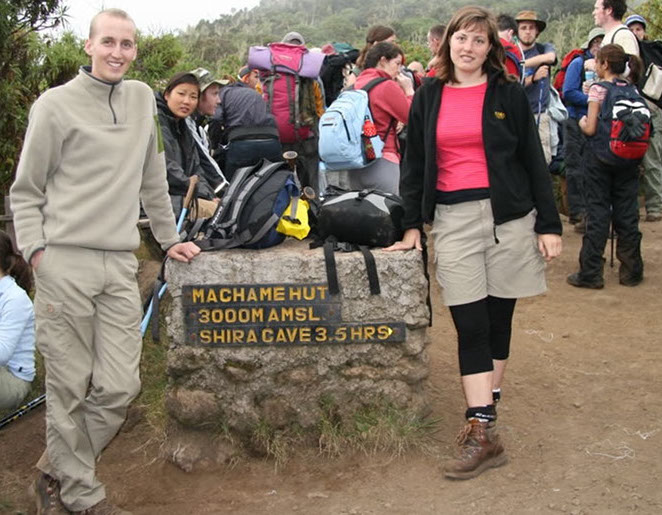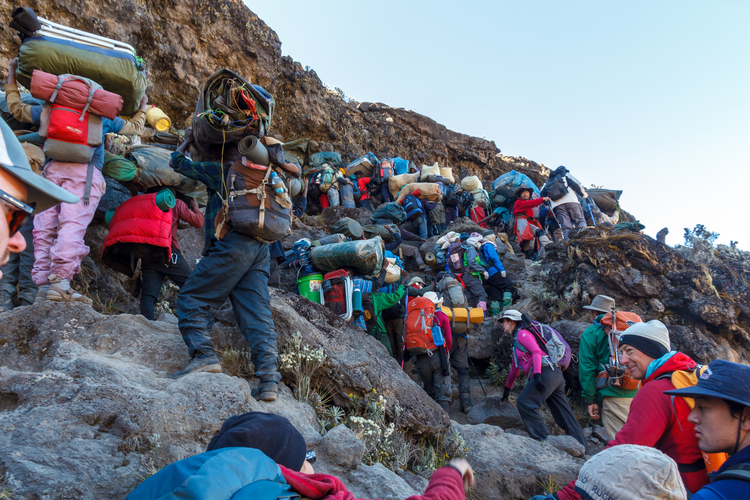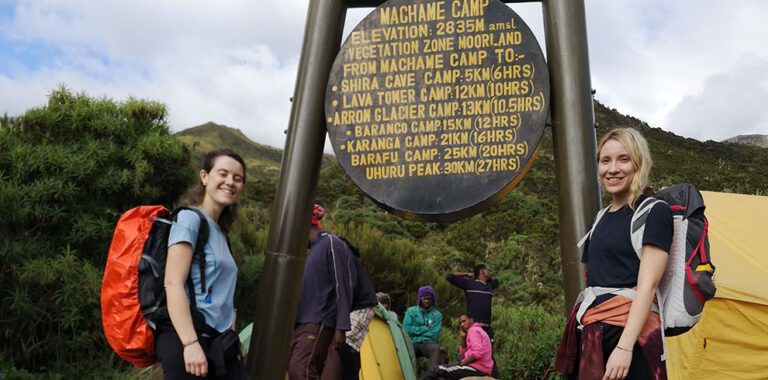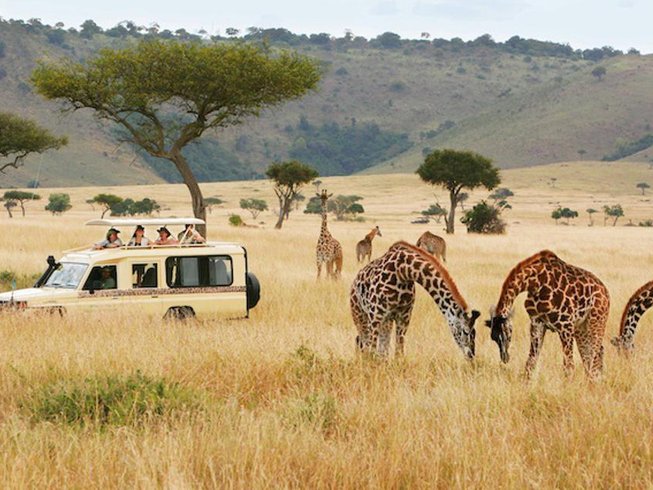Tourism in Tanzania is more than game drives, scenic landscapes, and world-famous national parks it’s an opportunity to create a positive impact. With the rise of global awareness around ethical travel, responsible tourism in Tanzania has become essential not just optional. Travelers today want experiences that support local communities, respect cultures, and protect the natural environment.
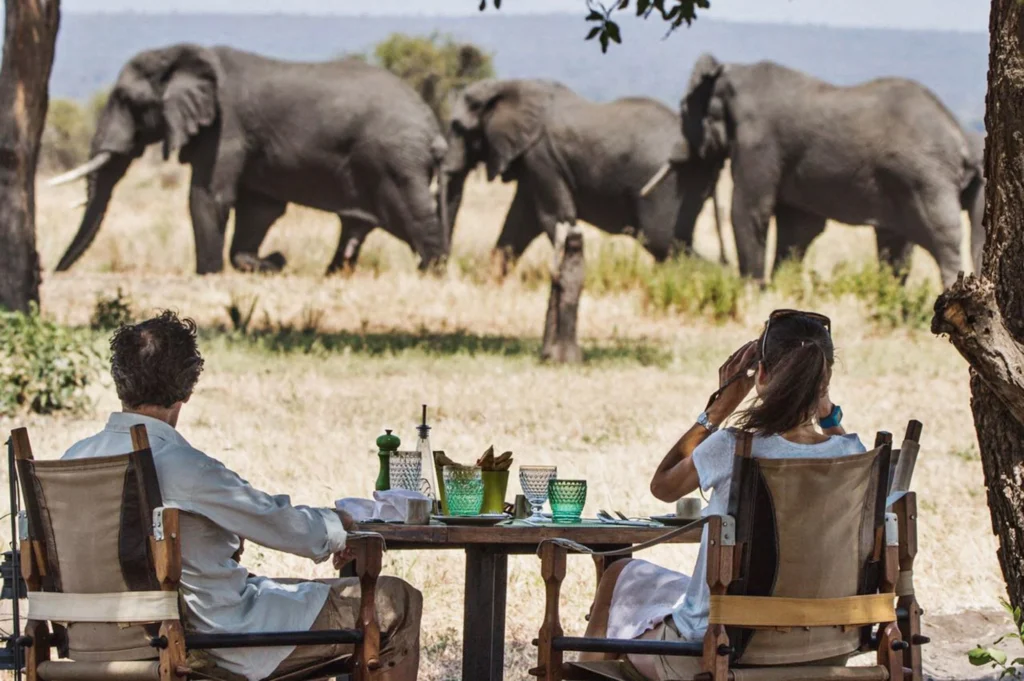
Whether you’re planning a Serengeti safari, climbing Mount Kilimanjaro, or relaxing on the beaches of Zanzibar, your travel decisions can either uplift or strain the destinations you visit. This guide is designed to help you understand how to travel responsibly in Tanzania, why sustainability matters here, and how you can make a meaningful impact during your journey.
Discover why sustainable tourism in Tanzania matters, the impact your visit can have, and practical ways to become a more responsible tourist. Let’s help you make your journey meaningful for both you and the people and wildlife that call Tanzania home.
We’ll walk you through:
- Why sustainable tourism is vital to Tanzania’s future
- The environmental and social impacts of travel
- 10 practical ways to become a responsible tourist in Tanzania
- How to choose eco-friendly tour companies and safaris
- Answers to common questions about traveling responsibly
By the end, you’ll feel empowered to explore Tanzania consciously, leaving it better than you found it just as every true traveler should.

Why Sustainability Is Important to Tanzanian Tourism
Tanzania attracts millions annually drawn to Serengeti’s migration, Kilimanjaro’s peak, and Zanzibar’s beaches. Yet unchecked tourism can erode the very assets that make it magical. Without sustainable practices:
- Wildlife suffers habitat loss,
- Communities miss benefits from visitor spending,
- Coral reefs, forests, and savannas endure pollution and degradation.
That’s why responsible tourism in Tanzania isn’t just a trend it’s essential for preserving its beauty, heritage, and ecosystem.
How Travel Impacts the Environment in Tanzania
Tourism in Tanzania touches every corner of life and not always positively:
- Carbon emissions from flights and safari vehicles accelerate climate change.
- Waste especially plastics is poorly managed in remote regions.
- Wildlife disturbance occurs when tourists ignore park rules or feed animals.
- Cultural disruption happens when visits disrespect norms or prioritize spectacle over substance.
By embracing ethical travel in Tanzania, visitors can significantly reduce these negative impacts
African Delight Safari’s Commitment to Sustainable Traveling
At African Delight Safaris, we understand that how you travel is just as important as where you go. As a 100% Tanzanian-owned tour operator, we are deeply invested in preserving the natural beauty, wildlife, and cultural heritage of our homeland for generations to come. While we do not own safari lodges or camps, we carefully select and partner with eco-conscious accommodations that align with our mission of responsible tourism in Tanzania.
We proudly collaborate with locally-owned lodges, tented camps, and community-run stays that prioritize:
- Solar energy and low-impact architecture
- Water conservation systems and waste reduction policies
- Plastic-free initiatives and sustainable dining options
- Fair employment practices and community outreach
- Contributions to wildlife conservation efforts
In addition to eco-conscious lodging, we go further by designing low-impact itineraries that minimize unnecessary vehicle mileage, encourage slower travel, and integrate cultural tours with indigenous groups like the Maasai and Hadzabe in a respectful and mutually beneficial way.

Our local guides are trained not only in wildlife interpretation and customer service but also in Leave No Trace principles, cultural etiquette, and guiding with environmental awareness.
When you travel with us, you’re not just booking a safari you’re choosing to support local communities, reduce your environmental footprint, and promote ethical wildlife viewing practices. That’s what responsible travel in Tanzania is all about and that’s the standard we proudly uphold.
How to Be a Responsible Tourist in Tanzania
Practicing responsible tourism in Tanzania means more than just respecting nature it’s about traveling in a way that benefits local communities, preserves the environment, and uplifts cultural values. As a visitor, your choices have power. From where you stay to how you interact with people, every decision counts.
Here are 10 simple yet powerful ways to become a responsible traveler while enjoying Tanzania’s breathtaking landscapes and rich cultural experiences:
1. Support Locally Owned Businesses
Choose locally run lodges, restaurants, and tour companies to ensure your money directly benefits Tanzanian families and communities. This supports local employment and fosters long-term development.
2. Hire Certified Local Guides
Whether you’re hiking Mount Kilimanjaro or visiting a Maasai village, always book with certified local guides. They offer authentic insights and help preserve traditional knowledge while earning fair wages.
3. Reduce Single-Use Plastics
Bring a reusable water bottle, shopping bag, and utensils. Tanzania banned plastic bags in 2019, and reducing your plastic use further supports local environmental efforts.
4. Respect Local Customs and Dress Modestly
Tanzanian culture is diverse and traditional in many areas. Dress modestly, learn a few Swahili greetings, and always ask before photographing people or sacred places.
5. Conserve Water and Energy
Many lodges in Tanzania operate off-grid or in remote areas. Take shorter showers, turn off lights when not in use, and avoid unnecessary laundry requests.
6. Avoid Animal Exploitation
Do not support attractions that exploit wildlife, such as petting captive lions or walking with elephants. Instead, visit national parks and observe animals in their natural habitat ethically and responsibly.
7. Offset Your Carbon Footprint
Long flights and safari vehicles contribute to emissions. Consider using carbon offset programs that support reforestation or renewable energy projects in East Africa.
8. Participate in Ethical Cultural Tours
Engage in tours that are built around mutual respect and benefit for local tribes like Hadzabe or Chagga experiences rather than exploitative “human safaris.” Ask how your visit supports the community.
9. Leave No Trace
Whether on a game drive or a mountain trek, leave nature as you found it. Take only photos, leave only footprints, and dispose of waste properly.
10. Educate Yourself Before You Go
Read about Tanzanian history, conservation issues, and cultural etiquette. Responsible tourism begins before you board the plane through awareness and preparation.
Choose a Tour Company That Supports Eco‑Tourism
Choosing a tour company that truly supports eco-tourism means your safari is much more than sightseeing it’s a partnership with Tanzania’s future.
Such companies don’t just plan your itinerary; they carefully craft experiences that minimize environmental footprints and maximize community benefits. They invest in local schools, employ guides from nearby villages, and support anti-poaching patrols that safeguard endangered species like black rhinos and wild dogs.
When you book with a responsible operator:
- You stay in lodges built with sustainable materials that blend into the landscape without harm.
- Your meals often come from organic, locally grown produce supporting nearby farmers.
- You engage with authentic community projects where profits uplift families, not just shareholders.
African Delight Safari, for example, goes beyond promises. Our team’s roots are Tanzanian, and every journey supports education and conservation projects in the areas we visit. By choosing an eco-conscious operator, you become part of a story that protects Tanzania’s beauty one step, one smile, one safari at a time.
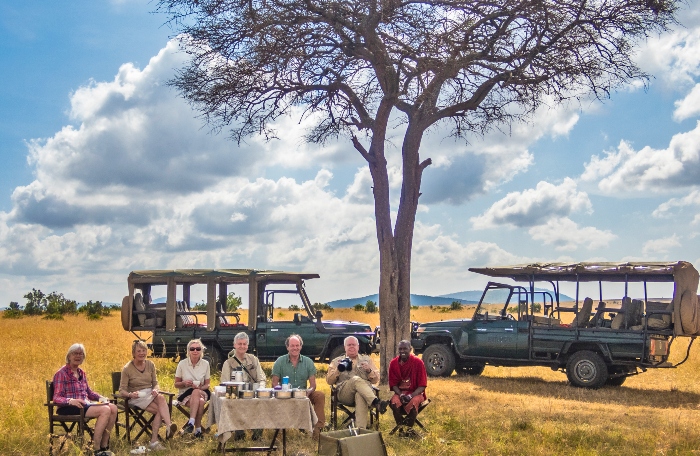
Book an Eco‑Friendly Safari Adventure to Tanzania
When you think about the ultimate safari experience, Tanzania naturally comes to mind. It’s a destination where the vast plains teem with wildlife, from majestic lions to graceful giraffes a place everyone should see at least once in their life. But what if you could explore this incredible wilderness in a way that truly respects and preserves it?
Booking an eco-friendly safari adventure to Tanzania isn’t just about witnessing the magic of nature it’s about playing an active role in protecting it for generations to come. When you travel responsibly with African Delight Safari, you’re choosing a journey that supports conservation efforts, uplifts local communities, and minimizes environmental impact.
Discover how meaningful your safari can be when every step you take helps safeguard the wild heart of Tanzania. Travel ethically, travel deeply and leave a positive mark on this extraordinary land.

Responsible Tourism in Tanzania: Frequently Asked Questions
1. What does “responsible tourism” mean in Tanzania?
Responsible tourism in Tanzania means traveling in a way that supports local communities, conserves wildlife, respects cultural traditions, and minimizes environmental impact. It’s about making conscious choices like booking with local tour companies, avoiding single-use plastics, and supporting eco-friendly lodges to ensure tourism benefits both people and the planet.
2. How can I reduce my environmental footprint on safari?
Bring a refillable water bottle, pack light, avoid plastic-wrapped goods, and stay in eco-conscious camps that use solar power or have sustainable waste systems. Choose walking safaris or game drives that use fuel-efficient vehicles. Every small action counts when preserving Tanzania’s incredible natural landscapes.
3. Is it okay to visit Maasai or Hadzabe villages?
Yes but only with responsible tour operators who work directly with the communities and ensure visits are respectful, educational, and beneficial to the locals. Avoid staged or exploitative encounters. Cultural tours should offer genuine exchanges and give back to the tribes involved.
4. How do I know if a safari lodge is eco-friendly?
Look for lodges that promote sustainable practices: solar power, composting toilets, greywater recycling, local food sourcing, and community involvement. Many eco-lodges also have sustainability certifications or transparency on their conservation efforts.
5. Is it better to travel with a local tour company?
Absolutely. Local companies like African Delight Safaris know the land, support Tanzanian jobs, and reinvest in local communities. Plus, they’re often more attuned to sustainable practices because they have a personal stake in preserving their home.
6. Can I still enjoy luxury on an eco-friendly safari?
Definitely. Sustainable travel doesn’t mean sacrificing comfort. Tanzania has a range of luxury eco-lodges that blend high-end service with low-impact design think solar-powered suites, locally sourced gourmet meals, and immersive experiences that tread lightly on the environment.
7. How does my visit help Tanzania if I travel responsibly?
When you travel responsibly, you support jobs, fund conservation programs, protect endangered species, and contribute to community development. Your safari becomes more than just a trip it becomes part of a positive ripple effect across Tanzania.

